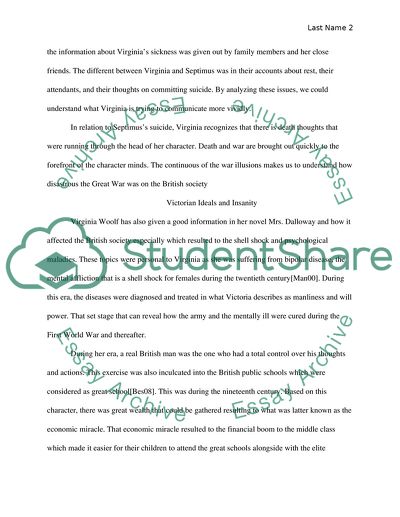Cite this document
(“World War 1 in Mrs.Dalloway Novel Research Paper”, n.d.)
Retrieved from https://studentshare.org/literature/1643972-world-war-1-in-mrs-dalloway-novel
Retrieved from https://studentshare.org/literature/1643972-world-war-1-in-mrs-dalloway-novel
(World War 1 in Mrs.Dalloway Novel Research Paper)
https://studentshare.org/literature/1643972-world-war-1-in-mrs-dalloway-novel.
https://studentshare.org/literature/1643972-world-war-1-in-mrs-dalloway-novel.
“World War 1 in Mrs.Dalloway Novel Research Paper”, n.d. https://studentshare.org/literature/1643972-world-war-1-in-mrs-dalloway-novel.


